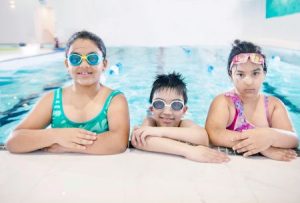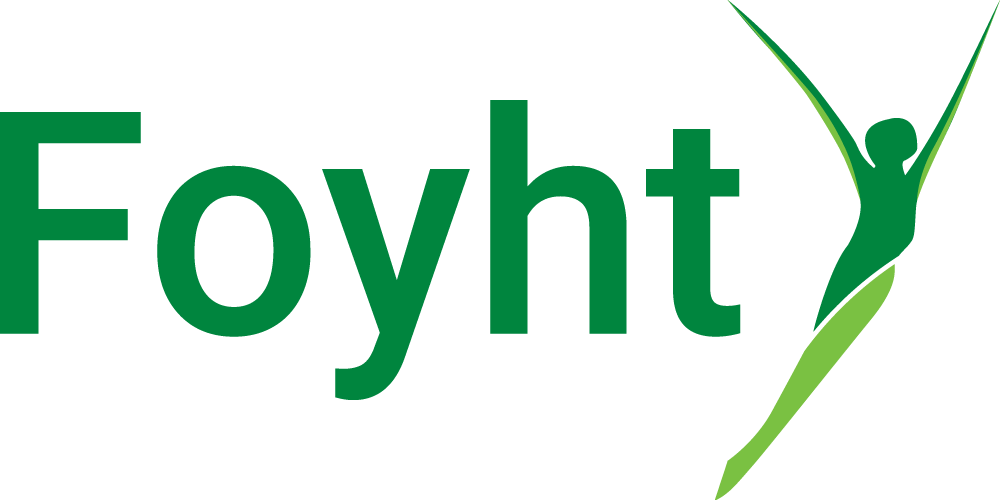Since I first came across the Danish psychologist Jesper Juul during my studies, I have been deeply interested in parenting with equality, love, clear boundaries, and responsibility. Research shows that this approach helps to create whole, balanced individuals.


Jesper Juul founded the Kempler Institute, where family counsellors were trained and families received guidance. This work later became known as Familylab. Through this, I also got to know another fantastic person in the swimming world, Ulrika Færch, who was educated by Juul and is now the head of Familylab. Both of these inspiring individuals have greatly influenced my views on people, relationships, and parenthood.
A Paradigm Shift in Parenting
In Scandinavia, there has long been a lack of true leadership in parenthood. We are now in the midst of a paradigm shift—from a model of obedience to one of responsibility.
For many adults, this new approach feels both inspiring and confusing. Some grew up in strict, obedience-based homes and have deliberately distanced themselves from that model. Others had parents who were aware of more relational approaches but lacked role models themselves, so their parenting often became too lenient. The result is that many modern parents are trying to raise children without having experienced healthy leadership themselves.
Children raised without adult leadership are, in a sense, like orphans. What they need most is quality leadership—parents who guide, support, and set boundaries with love.
The Need for Leadership
Through my 25 years as a baby swimming teacher, and as a therapist for children with sensory integration and regulation issues, I have seen a real shift in parenting. As Jesper Juul writes in his book Leader of the Pack: The Vital Leadership in the Family:
“Children need adults who take leadership. We know from experience that children who grow up in families where parents do not, or insufficiently, take leadership, have problems, and they have difficulty developing healthily. Children are very aware of their wishes and desires – but not their basic needs.”
In past generations, the aim of parenting was the same as today: to raise happy, well-behaved children. The methods, however, were often fear-based. Children learned to obey out of fear of consequences.
Today, parenting is far more compassionate. Yet, because many parents grew up in the old paradigm, they lack models of what healthy, modern leadership looks like. This can lead to uncertainty, inconsistency, and parents becoming “invisible”—afraid to say a clear yes or no.
But leadership in parenting is not about control or domination. It is about motivation, guidance, and setting clear boundaries. Without this, children may end up running the household, confused and unhappy, still testing boundaries in search of a sense of safety.
As Juul reminds us:
“To build fruitful and sustainable relationships between adults and children, adults must take leadership.”
A Lesson from the Pool
One day, during my swimming teaching, I had the sweetest, most passionate little girl in the class. Her father had brought along inflatable armbands. I asked that they not be used for safety reasons, but despite my request, he began inflating them.
Soon, he was in the pool trying to persuade his daughter to take them off. But she was delighted with her new armbands and refused.


What happened here is something I see often: parents, out of deep love, try to avoid their children’s disappointment or distress at all costs. This father didn’t want to upset his daughter, so he avoided the conflict and gave in to her wishes.
But part of parenting is helping children face disappointment.
It would have been absolutely fine for the father to say: “In this swimming pool, we cannot use armbands. You can use them in another pool. I know this makes you upset, and that’s okay. I understand you’re sad, but for now, we cannot use them.”
Children’s emotions—anger, sadness, frustration—are all natural and healthy. It is not our job as parents to prevent these feelings but to acknowledge them while maintaining boundaries. In doing so, we communicate: “I see you, I hear you, I understand you. And at the same time, I will keep you safe and guide you.”
Needs Versus Desires
Many parents today confuse accommodating their child’s needs with also fulfilling their desires. But there is a big difference.
Needs are essential: safety, love, nutrition, rest, and emotional connection. Desires are optional: more sweets, staying up late, or inflatable armbands. When parents treat both as equal, children can become confused and, ultimately, less secure.
True leadership in parenting is being able to distinguish between the two. It is possible to validate a child’s desire while still saying no.
Parenting as Part of a Community
Children are not just individuals; they are part of families, schools, and wider communities. In my teaching, I often see parents following their child’s wishes, even if it disrupts the group. They are not trying to cause chaos—they simply want their child to be happy. But in doing so, they sometimes prevent their child from learning how to function in a community.


If children only learn to follow their desires, they risk being excluded from the group. But when they learn to balance their own needs with those of others, they become valuable members of their community.
As parents, it is our role to guide them into this balance.
Growing Children into Adults with Integrity
When parents practise responsibility—being visible, setting boundaries, and acknowledging feelings—we raise children who grow into adults with integrity, self-worth, and the ability to thrive in communities where people care for themselves and each other.
I am still curious about this mindset and continue to learn more every day. And I would like to share one of the sources that has been transformative in my own journey.
Transforming Lives Through Relational Competence
Our relationships shape the quality of our lives—at home, at work, and in our communities. Yet few of us have been taught how to truly understand behaviour, set boundaries with dignity, and lead with clarity and respect.
The Family-Lab Advanced Family Advisor Training is a professional-level programme for educators, leaders, coaches, therapists, and parents who want to develop their relational competence—the ability to build trust, navigate conflicts, and create environments where people thrive.


This practice-based training combines evidence-based theory with real-life application. Between the two modules, participants integrate what they’ve learned into their own work and personal life, supported by group coaching and guided self-study.
When you strengthen your relational competence, you don’t just change your conversations—you change the culture around you.
Learn more at family-lab.dk or familylabassociation.com





